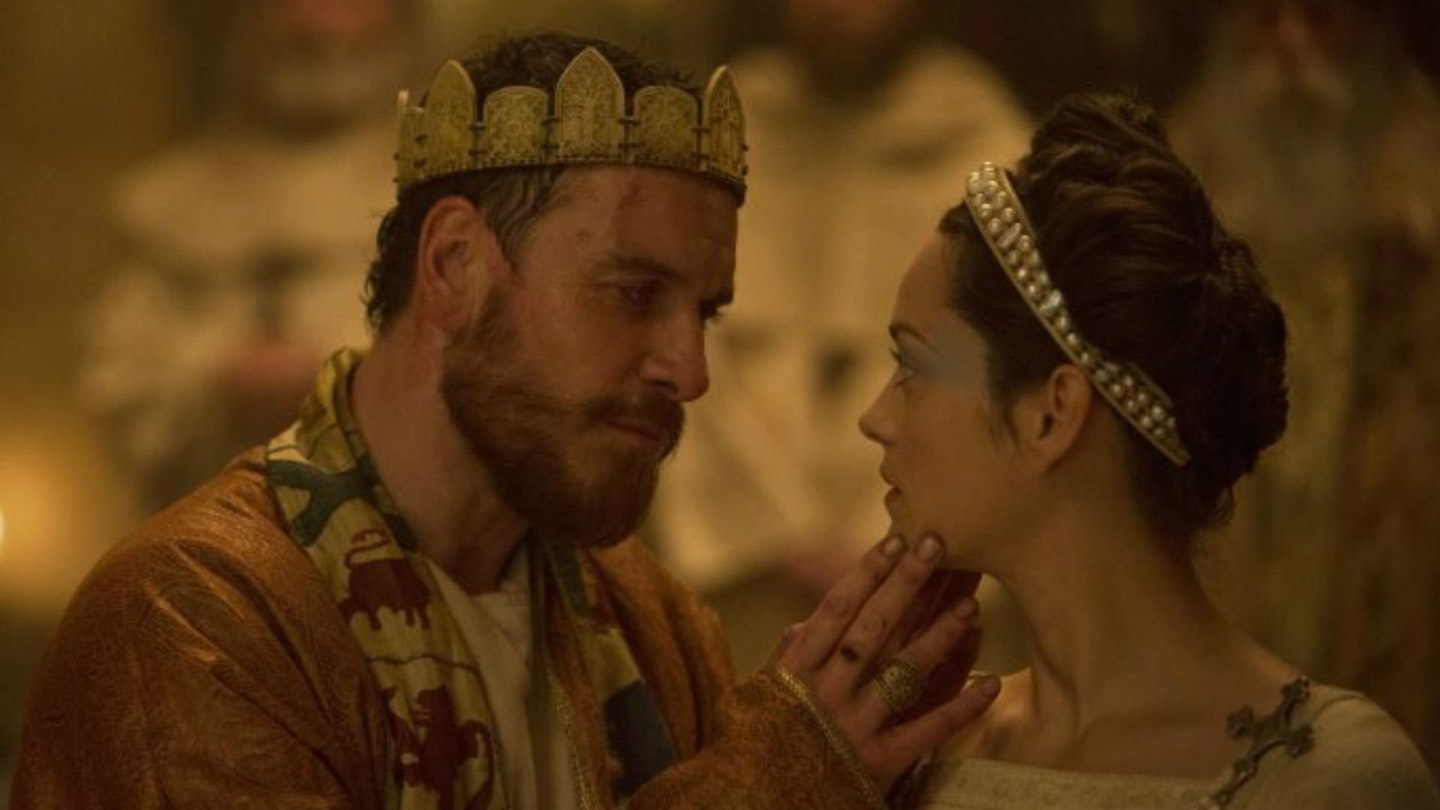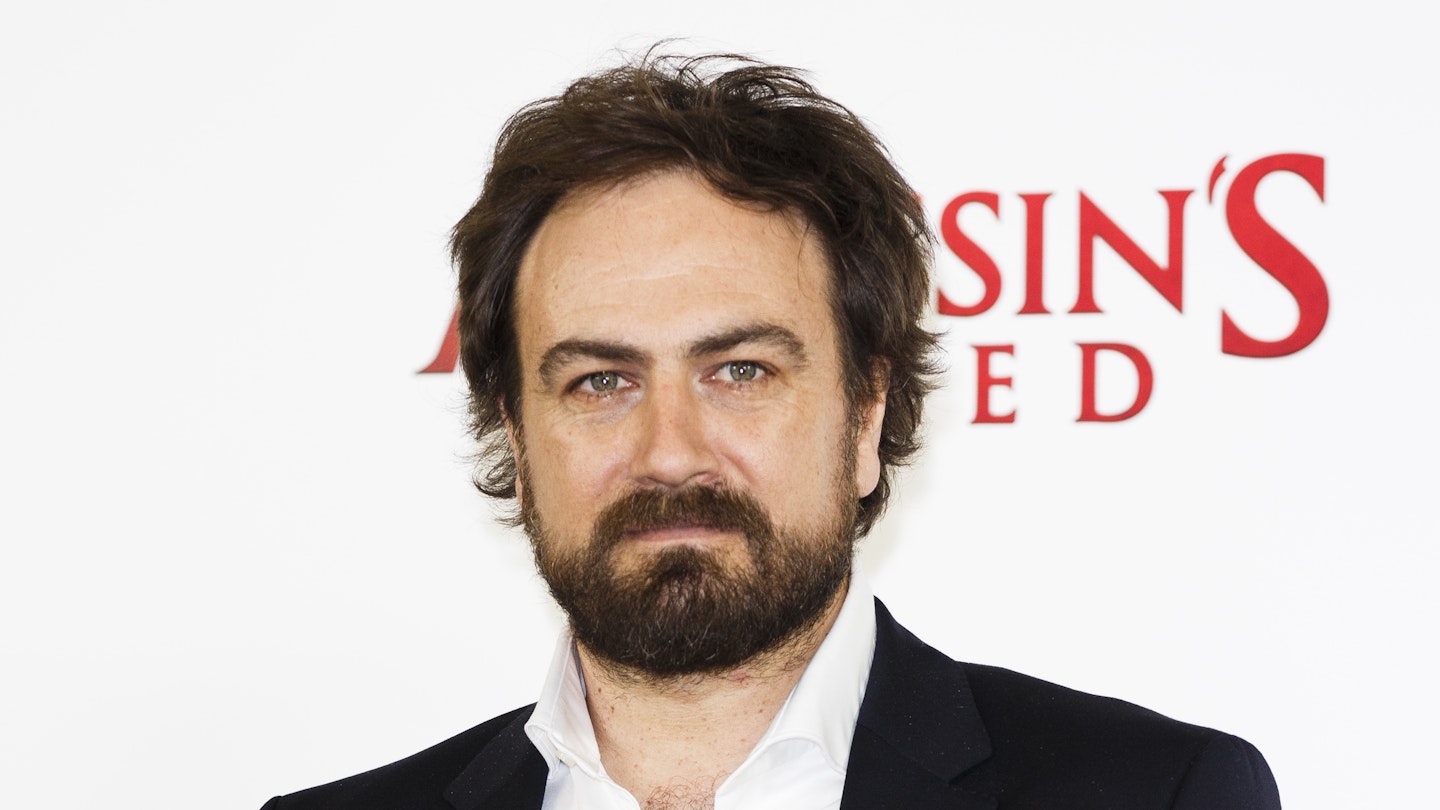A lacerating pessimism rips through Roman Polanski's adaptation of the Scottish play. Made within two years of his pregnant wife Sharon Tate's murder by Charles Manson, it depicts a world without morality or hope, in which people act primarily from the basest of motives and, thus, even the most pitiful death is stripped of tragic import. Recalling both the brutality he had witnessed as a boy in wartime Poland and the pain of his senseless loss, the film was made all the more powerful by the dank realism of the locations and the restrained performances of leads whose youth and beauty somehow made their surrender to criminal instincts all the more shocking.
However, the fact that the picture had been produced by Playboy Enterprises (after Allied Artists and Universal withdrew) garnered most headlines on its initial release. Prudish critics were quick to accuse Hugh Hefner of foisting a nude sleepwalking sequence on Francesca Annis. But it had, in fact, been incorporated into Polanski and Kenneth Tynan's original screenplay and had prompted Tuesday Weld to reject the role of Lady Macbeth.
But while many were decrying this chastely symbolic depiction of a ruthless femme fatale being left utterly exposed by creeping remorse, others were denouncing the depiction of violent acts that ordinarily happened off stage. Yet, while others still could forgive the graphic goriness of the action, they attacked Polanski for melodramatising the Bard in attempting to equate events in 11th-century Scotland with those in their own times, when regimes around the world were being challenged by unscrupulously subversive forces.
Polanski was clearly still enduring a dark night of the soul when he made this Shakespearean palimpsest and he creates a hell on earth from the Welsh landscape that was made to look even more forbidding by the inclement weather that blighted the shoot and contributed to the delays that saw Hefner lose around $3.5 million on the project. However, the reputation of the film's coarse visual poetry continues to improve, as its place in Polanski's canon becomes more apparent.

